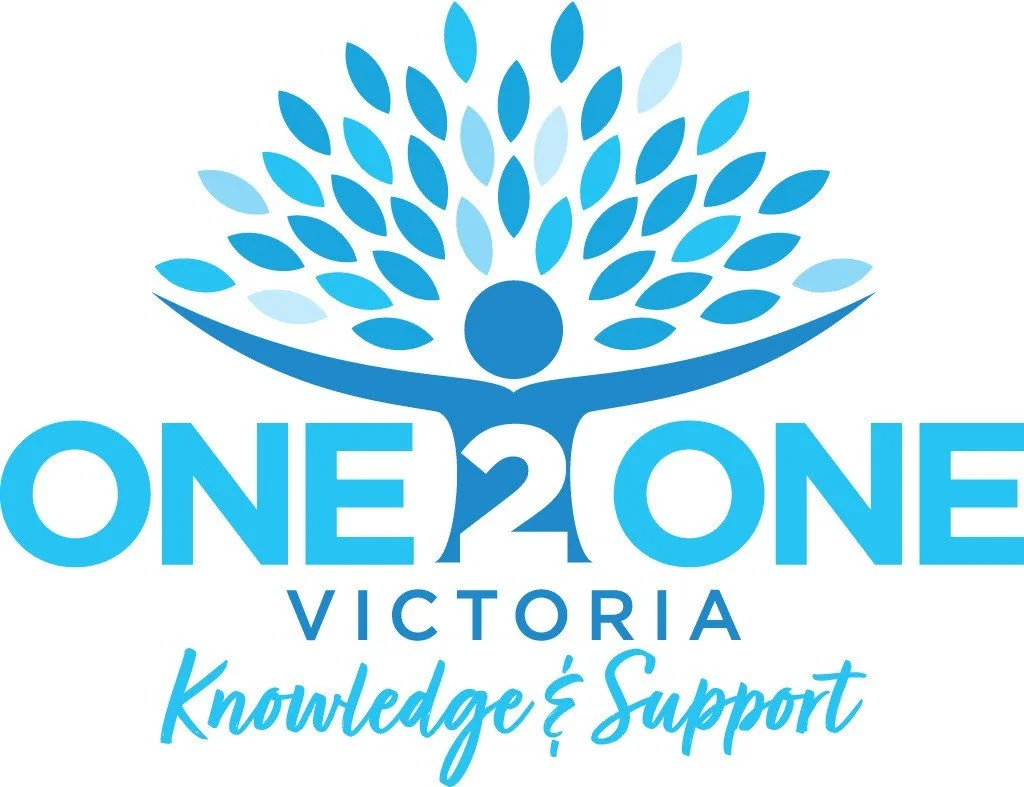Why Coaching & Mentoring Matters for NDIS Workers
Mentoring and coaching play a vital role in the professional development of NDIS workers, helping them to build confidence, skills, and resilience in what is often a challenging but rewarding field. The demands of supporting participants under the NDIS can be complex, requiring workers to balance empathy, professionalism, and practical problem-solving on a daily basis. Having access to guided coaching and mentoring ensures they are not facing these challenges alone, but instead have the tools and strategies to succeed.
NDIS work often involves navigating difficult situations, from supporting people with complex needs to working within strict funding and reporting systems. Without the right advice and encouragement, workers may feel isolated or overwhelmed. Mentoring provides a space for reflection, guidance, and constructive feedback, while coaching equips individuals with practical strategies for managing stress, building relationships, and achieving professional goals. Together, they enhance a worker’s confidence and job satisfaction.
Continuous development is especially important in human services, where the quality of support directly impacts participants’ lives. By investing in coaching and mentoring, NDIS workers can sharpen essential skills such as communication, problem-solving, and adaptability. This also improves the overall consistency and professionalism of services, ensuring that participants receive the best support possible. In turn, workers feel a greater sense of purpose and motivation, knowing they are making a real difference.
Another benefit of mentoring is the focus on career growth. NDIS workers can learn from experienced professionals about pathways for advancement, such as moving into team leadership or specialised areas of service. Coaching sessions can also help individuals set personal and professional goals, identify strengths, and develop strategies to overcome challenges. This kind of guidance helps workers feel more empowered in their roles and opens new opportunities within the sector.
Importantly, mentoring and coaching are not just about professional performance—they also support personal wellbeing. NDIS work can sometimes be emotionally demanding, and having a safe space to debrief, reflect, and receive encouragement can reduce burnout and increase resilience. These conversations often lead to sustainable practices that support not only the worker but also the participants they assist, creating a healthier and more positive work environment.
If you are an NDIS worker looking to strengthen your skills, gain clarity in your role, or simply feel supported in your journey, now is the ideal time to consider coaching or mentoring. Investing in yourself is the first step to growing in this critical field and ensuring the highest standard of care for participants. Appointments are available, and taking that step today could make all the difference in your career and wellbeing.
